CBD Tincture – Restore – 5000 MG
$300.00
Recommended for the experienced user and higher levels of pain. For increased wellness and vitality. This potent tincture helps to improve cognitive health, stamina, efficiency, sleep, and relentless pain (chronic, neuropathic, cancer related, etc.)
Each CBD Tincture comes in a 30 ML bottle, and contains 5000 MG of solvent-free CBD content.
Description
What is CBD Tincture?
CBD tincture is a liquid extract derived from the cannabis plant, specifically designed for sublingual consumption, meaning it is typically administered under the tongue. This method allows for rapid absorption into the bloodstream, offering a quick onset of effects. Unlike CBD oils, which are often ingested or used topically, tinctures are formulated with a combination of CBD extract and a carrier solution, usually alcohol or a glycerin-based substance, which acts to preserve the potency of the CBD over time.
The production of CBD tincture involves extracting cannabidiol (CBD) from the cannabis plant. This extraction can be accomplished using various methods, with CO2 extraction and ethanol extraction being the most prevalent. CO2 extraction utilizes pressurized carbon dioxide to pull cannabinoids from the plant material, resulting in a pure and highly concentrated form of CBD. Ethanol extraction, on the other hand, uses high-proof alcohol to dissolve the plant compounds, which are then filtered and distilled to produce the final tincture.
Key ingredients in CBD tinctures typically include the CBD extract itself, the carrier solution, and occasionally additional flavorings or essential oils to enhance taste and therapeutic properties. The choice of ingredients can vary based on the intended use and desired effects of the tincture.
It is important to distinguish CBD tinctures from other CBD products such as oils, capsules, and edibles. While CBD oils may also be consumed orally, they are less refined and can have a thicker consistency. Capsules provide a convenient and discreet method of intake but generally have a slower onset of effects compared to tinctures. Edibles, which include gummies and other infused foods, offer a tasty alternative but need to be metabolized through the digestive system, resulting in delayed absorption.
Understanding the differences between these forms of CBD can help consumers make informed choices based on their individual needs and preferences. Whether one opts for a tincture or another form of CBD, the method of extraction and quality of ingredients remain crucial factors in determining the product’s efficacy and safety.
How Does CBD Tincture Work?
Understanding how CBD tinctures work begins with exploring the endocannabinoid system (ECS), a complex cell-signaling system found throughout the human body. The ECS plays a crucial role in regulating various physiological processes, including mood, appetite, pain sensation, and immune response. It consists of endocannabinoids, receptors, and enzymes. The two primary receptors in the ECS are CB1 and CB2 receptors, which are located in the central nervous system and peripheral tissues, respectively.
CBD, or cannabidiol, interacts with the ECS by indirectly influencing these receptors. Unlike THC, another well-known cannabinoid, CBD does not bind directly to CB1 or CB2 receptors. Instead, it modulates the receptors’ activity and enhances the body’s natural endocannabinoid levels by inhibiting the enzymes that break them down. This interaction can lead to various therapeutic effects, including pain relief, reduced inflammation, and improved mood.
One of the significant advantages of CBD tinctures is their bioavailability, which refers to the proportion of CBD that enters the bloodstream and produces active effects. Tinctures are typically administered sublingually, meaning drops are placed under the tongue. This method allows CBD to be absorbed directly into the bloodstream through the mucous membranes, bypassing the digestive system and liver metabolism. As a result, sublingual administration leads to faster and more effective absorption compared to other consumption methods, such as edibles or capsules.
Research suggests that sublingual CBD tinctures can produce noticeable effects within 15 to 45 minutes, making them a preferred choice for individuals seeking quick relief from symptoms such as anxiety or acute pain. The rapid onset and high bioavailability of CBD tinctures highlight their potential as an efficient and effective delivery method for those looking to benefit from the therapeutic properties of cannabidiol.
Health Benefits of CBD Tinctures
CBD tinctures have garnered attention for their potential to alleviate various health issues. One of the most prominent benefits is relief from chronic pain. CBD’s interaction with the endocannabinoid system can modulate pain perception, making it an attractive option for those suffering from conditions like fibromyalgia and multiple sclerosis. Emerging studies suggest that CBD may also help in reducing inflammation, which is often a contributing factor to chronic pain.
Another significant advantage of CBD tinctures is their potential to reduce anxiety and depression. Mental health disorders are complex, and traditional treatments often come with undesirable side effects. CBD has shown promise as a natural alternative, with research indicating its potential to enhance serotonin levels, thereby alleviating symptoms of anxiety and depression. This makes CBD tinctures a potential option for individuals looking for a more natural approach to mental health care.
Improvement in sleep quality is another area where CBD tinctures can be beneficial. Many people struggle with insomnia or disrupted sleep patterns, often due to stress or chronic pain. CBD has calming properties that may help improve sleep quality by addressing the root causes of sleep disturbances. This can lead to a more restful night and better overall health.
The anti-inflammatory effects of CBD are well-documented, making tinctures an appealing option for conditions characterized by inflammation, such as arthritis. By reducing inflammation, CBD can alleviate pain and improve mobility, enhancing the quality of life for those with arthritis and similar conditions.
Research is also exploring the potential benefits of CBD tinctures for more severe conditions such as epilepsy and neurodegenerative diseases. The FDA has approved CBD-based medications for treating certain types of epilepsy, highlighting its effectiveness. Ongoing studies are investigating how CBD might benefit conditions like Alzheimer’s and Parkinson’s, offering hope for future therapeutic applications.
How to Use CBD Tinctures
CBD tinctures offer a convenient and versatile method for consuming cannabidiol. To use CBD tinctures effectively, it is crucial to understand the correct dosage, how to measure it, and the best practices for administration. This guide will walk you through each step to ensure you can maximize the benefits of CBD tinctures safely and effectively.
Firstly, determining the correct dosage is essential. The appropriate dosage can vary based on individual factors such as body weight, metabolism, and the specific condition being addressed. It is recommended to start with a low dose, typically between 5-10 milligrams of CBD, and gradually increase it until the desired effects are achieved. This approach allows you to monitor your body’s response and adjust accordingly without the risk of taking too much at once.
Measuring your dosage accurately is critical. Most CBD tinctures come with a dropper marked with measurement indicators, usually in milliliters. For instance, if your tincture has 1000 milligrams of CBD in a 30-milliliter bottle, each milliliter would contain approximately 33 milligrams of CBD. Use the dropper to measure out the desired amount, adjusting as needed to find your optimal dosage.
For the best results, CBD tinctures are often administered sublingually, meaning they are placed under the tongue. This method allows for quick absorption into the bloodstream through the capillary-rich tissues, bypassing the digestive system. To administer, squeeze the dropper to release the tincture under your tongue and hold it there for at least 60 seconds before swallowing. This ensures maximum absorption and effectiveness.
Incorporating CBD tinctures into your daily routine can also enhance their benefits. Consider taking your tincture at the same time each day to maintain consistent levels of CBD in your body. Additionally, combining tinctures with meals or snacks can improve absorption and reduce any potential digestive discomfort.
Starting with a low dose and gradually increasing it as needed is crucial for finding the right balance. Monitoring your body’s response and keeping a journal of your dosage and effects can be helpful in fine-tuning your regimen. With these best practices, you can confidently incorporate CBD tinctures into your wellness routine and enjoy their potential benefits.
Choosing the Right CBD Tincture
When selecting a CBD tincture, it’s essential to consider several factors to ensure you choose a product that aligns with your needs and preferences. One of the primary considerations is the type of CBD used in the tincture. There are three main types: full-spectrum, broad-spectrum, and isolate. Full-spectrum CBD contains all the cannabinoids found in the cannabis plant, including trace amounts of THC, which can enhance the entourage effect. Broad-spectrum CBD also includes multiple cannabinoids but eliminates THC entirely, making it an ideal choice for those who wish to avoid THC. CBD isolate is the purest form, containing only CBD without any other cannabinoids or terpenes.
Another crucial factor is the concentration of CBD in the tincture. The concentration, typically measured in milligrams (mg), dictates the potency of the tincture. Beginners may opt for a lower concentration to start, while experienced users might prefer higher concentrations for more pronounced effects. It’s also important to consider the flavor of the tincture. Some tinctures come in natural flavors, while others are enhanced with added flavors to mask the earthy taste of hemp.
Additional ingredients can also play a role in your decision. Some CBD tinctures are formulated with other beneficial compounds such as vitamins, essential oils, or herbal extracts that can complement the effects of CBD. Always check the ingredient list to ensure there are no unwanted additives or allergens.
Ensuring product quality and safety is paramount, and this is where third-party lab testing comes into play. Reputable CBD manufacturers will provide lab reports from independent testing facilities. These reports, often referred to as Certificates of Analysis (COAs), verify the potency and purity of the CBD tincture. When reviewing a COA, check for the CBD concentration, the presence of any contaminants like heavy metals or pesticides, and confirmation that the product is free from harmful substances.
By considering the type of CBD, concentration, flavor, additional ingredients, and ensuring third-party lab testing, you can make a well-informed decision and choose a CBD tincture that best meets your needs.
Potential Side Effects and Risks
While CBD tinctures are generally well-tolerated by most individuals, it is important to be aware of potential side effects and risks. Common side effects reported include dry mouth, dizziness, changes in appetite, and diarrhea. These effects are typically mild and temporary, but they can be bothersome for some users. Dry mouth, for instance, can be alleviated by staying hydrated, while dizziness may subside with adjusted dosages or after a period of acclimatization.
Another critical aspect to consider is the potential interaction of CBD with other medications. CBD can influence the metabolism of various drugs by inhibiting cytochrome P450 enzymes, which play a key role in drug metabolism. This can lead to altered blood levels of certain medications, potentially increasing the risk of side effects or reducing the efficacy of the treatment. Therefore, it is essential to consult with a healthcare professional before starting CBD, especially if you are taking other prescribed medications.
Moreover, the legal status of CBD varies significantly across different regions. In many places, CBD products are legalized only if they contain less than 0.3% THC. However, regulations can differ, affecting the availability and quality of CBD products. Understanding the legal landscape in your area is crucial to ensure compliance and to avoid legal complications. Regulatory considerations also include ensuring that the CBD tincture you choose is sourced from reputable manufacturers who provide third-party testing results, ensuring product safety and quality.
In summary, while CBD tinctures offer numerous potential benefits, it is vital to be informed about the possible side effects and interactions with other medications. Consulting with a healthcare professional and understanding the legal and regulatory landscape can help mitigate risks and ensure a safe experience with CBD tinctures.
Real-Life Experiences and Testimonials
CBD tinctures have garnered a range of responses from users, varying from profound relief to mild dissatisfaction. These real-life experiences provide valuable insights into the practical effects of CBD tinctures on various health conditions.
Jane, a 45-year-old teacher, turned to CBD tinctures to manage her chronic back pain. “I was skeptical at first,” she admits, “but after a month of consistent use, I noticed a significant reduction in my pain levels. I could finally get through a workday without debilitating discomfort.” Jane’s experience highlights the potential of CBD tinctures to offer pain relief, especially for those dealing with chronic conditions.
Conversely, Mark, a 30-year-old software developer, used CBD tinctures to alleviate his anxiety. “Initially, I felt a calming effect, but it wasn’t as strong as I hoped,” he recalls. “While it did help me manage my stress better than before, it wasn’t a complete solution for me.” Mark’s experience suggests that while CBD tinctures can be beneficial, they might not meet everyone’s expectations fully.
Another user, Sarah, a 60-year-old retiree, found CBD tinctures helpful for her insomnia. “I’ve struggled with sleep for years, and prescription medications often left me groggy the next day,” she explains. “CBD tinctures helped me fall asleep faster without the morning fog.” Sarah’s account underscores the potential of CBD tinctures to improve sleep quality and duration.
However, it’s important to note some users experience challenges. John, a 25-year-old athlete, mentioned, “I tried CBD tinctures for muscle recovery, but I didn’t notice a significant difference. Plus, I found the taste off-putting.” This feedback illustrates that taste and individual effectiveness can vary, and CBD tinctures may not work for everyone.
These testimonials provide a balanced view of CBD tinctures, showcasing both their potential benefits and limitations. Individual experiences can differ greatly, and it’s essential for users to consult healthcare professionals before adopting CBD tinctures into their health regimen.
Future Trends and Research in CBD Tinctures
The landscape of CBD tinctures is continuously evolving, with ongoing research and technological advancements paving the way for new possibilities. One of the most exciting trends is the development of novel extraction technologies. These innovations aim to enhance the purity and potency of CBD tinctures while ensuring that the extraction process is environmentally sustainable. Methods such as supercritical CO2 extraction and nanoemulsion technology are gaining traction, offering higher bioavailability and more efficient delivery of CBD into the bloodstream.
Additionally, researchers are exploring new delivery methods to improve the efficacy of CBD tinctures. Techniques such as liposomal delivery and transdermal patches are under examination, potentially offering more consistent and prolonged effects. These advancements could lead to more personalized and targeted treatments, catering to individual needs and preferences.
The scope of research is also expanding to investigate the effects of CBD on a broader range of health conditions. While current studies predominantly focus on anxiety, pain, and epilepsy, emerging research is exploring CBD’s potential in addressing neurodegenerative diseases, metabolic disorders, and even certain types of cancer. The anti-inflammatory and neuroprotective properties of CBD are of particular interest, with studies aiming to elucidate the underlying mechanisms and therapeutic potential.
As the scientific community delves deeper into understanding CBD, the regulatory landscape is also expected to evolve. Stricter quality control measures and standardized testing protocols are likely to be implemented, ensuring that consumers receive safe and effective products. This regulatory progress will be crucial in fostering public trust and driving market growth.
Market trends indicate a growing consumer demand for high-quality CBD tinctures, driven by increasing awareness and acceptance of CBD’s potential benefits. As research continues to unveil new applications and delivery methods, the industry is poised for significant expansion. Companies investing in research and development are likely to lead the market, offering innovative products that cater to a diverse range of health and wellness needs.

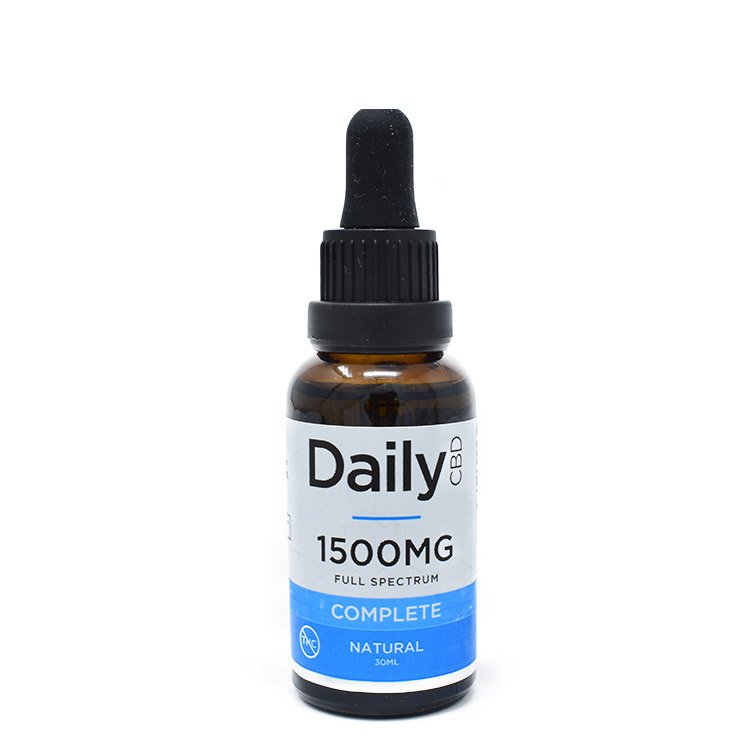
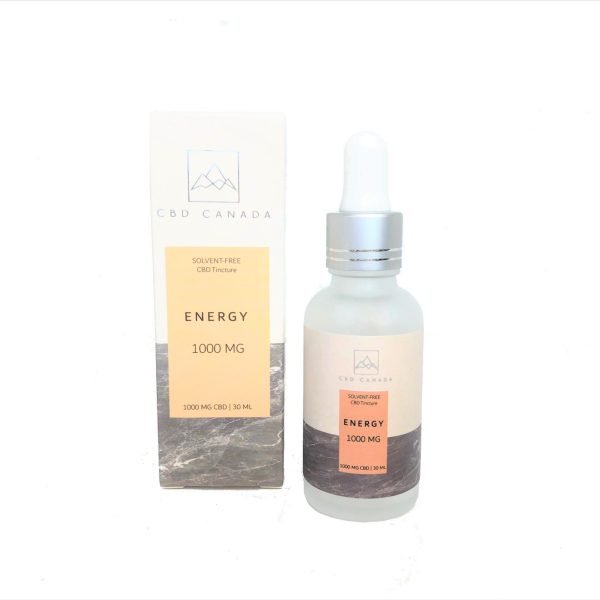
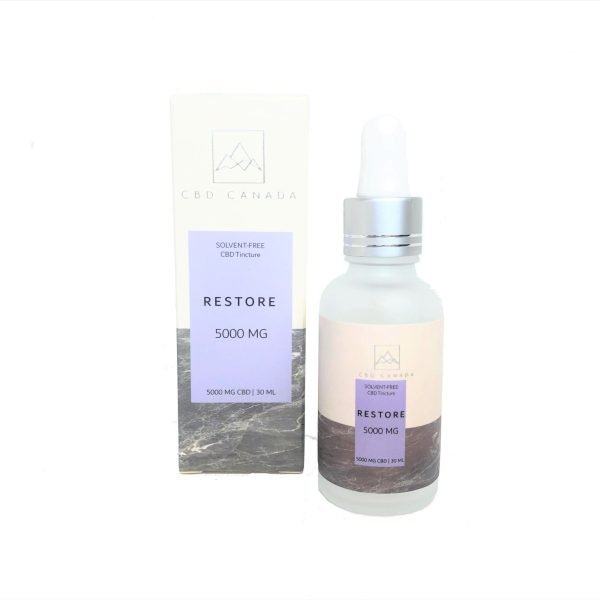
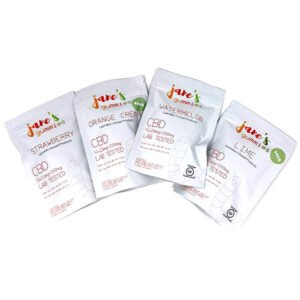
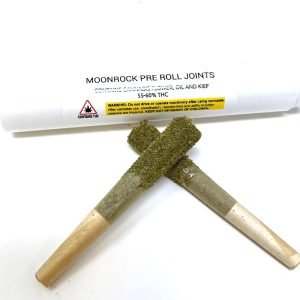
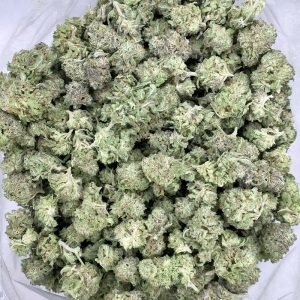
Reviews
There are no reviews yet.